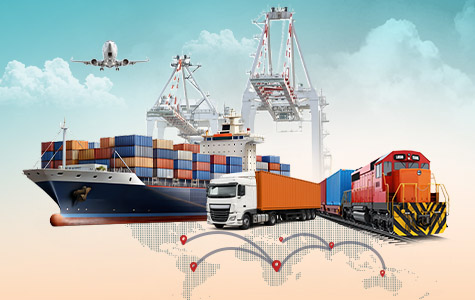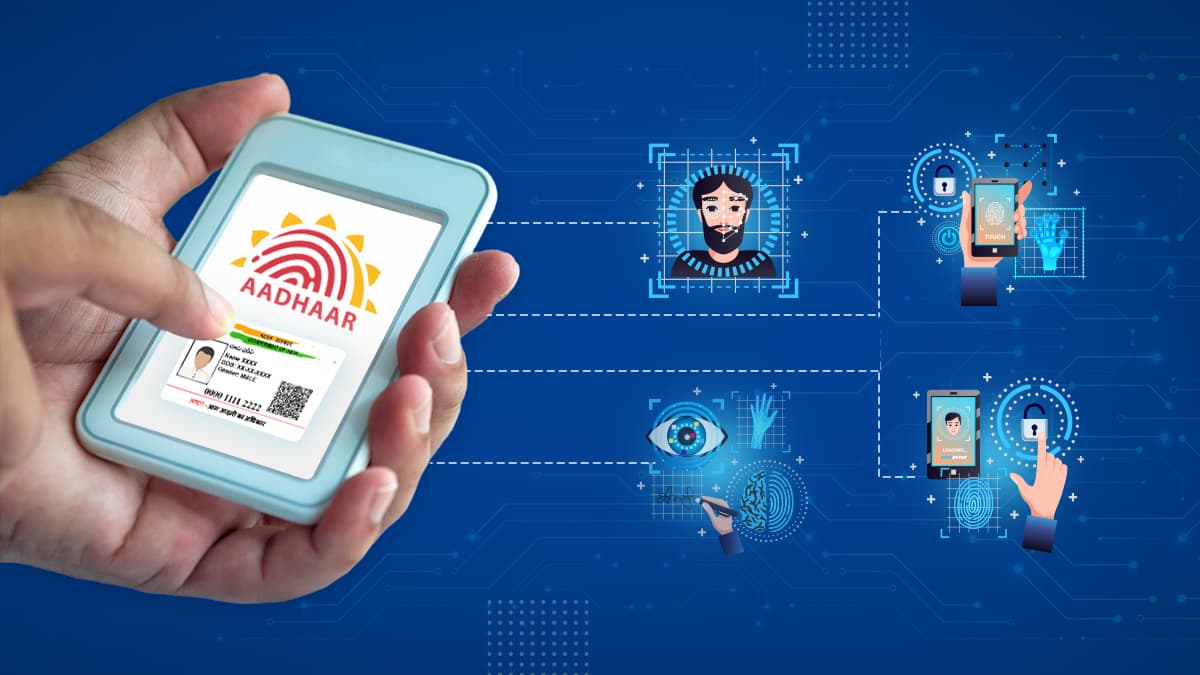The global pharmaceutical supply chain is a cornerstone of modern healthcare, ensuring life-saving medicines reach patients efficiently and safely. According to the World Health Organization (WHO), nearly 2 billion people worldwide lack access to essential medicines, primarily due to inefficiencies in drug distribution. The global pharmaceutical logistics market, valued at $87.6 billion in 2023, is expected to grow at a CAGR of 8.5% through 2030, driven by digital transformation, cold chain management, and automation. Advanced economies have already adopted integrated Drug Distribution Management Systems (DDMS) that enable real-time stock monitoring, predictive demand forecasting, and quality assurance. For example, the U.S. Food and Drug Administration mandates drug serialization to prevent counterfeiting. At the same time, the European Union has implemented the Falsified Medicines Directive to track medicines across the supply chain.
In contrast, many African countries still rely on fragmented, paper-based systems, which lead to inefficiencies, corruption, and drug stockouts. The lack of transparency in supply chains has not only inflated costs but also created loopholes for counterfeit medicines, which account for 42% of all fake medicines globally, disproportionately affecting developing regions.
While global markets are adopting AI, blockchain, and IoT to enhance transparency, traceability, and efficiency, Africa’s drug distribution system faces persistent gaps. Globally, countries have centralized dashboards, real-time tracking, and automated procurement, but in Africa:
- 30-40% of drugs are lost annually due to stockouts, expiries, or mismanagement.
- WHO estimates that up to 50% of medicines sold in Africa may be counterfeit or substandard in specific markets.
- Less than 20% of African nations have fully digitized procurement or warehouse management systems.
This stark comparison highlights the urgent need for Africa to leapfrog traditional methods and adopt digitally enabled supply chain management systems to improve healthcare delivery.
.jpg)
Challenges in African Drug Distribution
Africa’s drug supply chain is plagued by systemic challenges that directly affect public health outcomes:
- Lack of tracking and monitoring: Manual systems make it challenging to monitor drug indents, stock levels, and distribution in real-time.
- Fragmented supply chains: Multiple actors such as suppliers, wholesalers, distributors, and pharmacies operate without a unified platform.
- Counterfeit drugs: Due to poor oversight, fake medicines infiltrate supply chains, posing life-threatening risks.
- Infrastructure deficits: Limited cold-chain logistics, poor warehousing, and unreliable transportation hinder distribution efficiency.
- Data silos: Absence of digital integration prevents stakeholders from accessing accurate, timely data for decision-making.
- Financial inefficiencies: Manual payment and procurement systems lead to delays, leakages, and corruption.
Without digital interventions, these issues continue to widen the healthcare gap in Africa.
The Need
To address these challenges, a modern Drug Distribution Management System (DDMS) is essential. Africa, with its growing population and healthcare demands, must ensure medicines are accessible, affordable, and safe.
A DDMS ensures:
- Transparency & accountability by tracking every stage of procurement, distribution, and quality testing.
- Efficient stock monitoring with real-time dashboards and early alerts for drug shortages or expiries.
- Quality assurance through automated sampling and laboratory integration to prevent substandard medicines.
- Cost savings by reducing wastage, improving procurement cycles, and cutting administrative overheads.
- Inclusivity by ensuring medicines reach rural and underserved populations, bridging healthcare inequity.
Moreover, with increasing global emphasis on Universal Health Coverage (UHC), African governments cannot achieve healthcare goals without digitized drug supply chain systems.
Implementation of DDMS in Africa
Implementing DDMS requires a phased, holistic approach:
- Digitizing procurement and inventory: Moving from paper-based to ICT-enabled procurement processes.
- Integration with healthcare systems: Linking DDMS with hospital information systems and insurance databases.
- Stakeholder training and adoption: Ensuring suppliers, distributors, and regulators are onboarded effectively.
- Mobile and cloud-based access: Leveraging Africa’s mobile-first ecosystem for real-time reporting and accessibility.
- Policy alignment: Ensuring systems align with national drug policies, public procurement laws, and regulatory frameworks.
Countries like Kenya, Ghana, and Rwanda are piloting elements of digitized medicine distribution, but continent-wide adoption remains limited.
.jpg)
CSM Tech’s Expertise in Drug Distribution
CSM Technologies has pioneered digital drug supply chain automation with e-Niramaya, implemented for the Odisha State Medical Corporation Limited (OSMCL), India. The system has transformed procurement, inventory, and quality management by integrating with Odisha e-Hospital Management System (OeHMIS) and the national Drug & Vaccine Distribution Management System (DVDMS).
Key features include:
- End-to-end procurement automation from demand generation to payment.
- Real-time stock monitoring and warehouse management with First Expiry First Out (FEFO) principle.
- Integrated quality control via empaneled labs, ensuring only safe medicines reach patients.
- Analytics and dashboards for strategic decision-making and transparency.
- Seamless coordination among suppliers, warehouses, labs, and healthcare facilities.
Impact of e-Niramaya:
- 50% reduction in Purchase Order generation time.
- 36,920 samples tested for quality assurance.
- 55,364 indent requests processed across Primary Health Centers.
- 570+ medicines and 200+ critical items distributed timely to citizens.
- Ranked 2nd nationally on the DVDMS dashboard for performance and efficiency.
This proven expertise positions CSM Tech to replicate similar systems in Africa, tailoring solutions to local contexts, logistics challenges, and regulatory needs.
Conclusion & Way Forward
Africa stands at a pivotal moment where healthcare transformation depends on digitizing its supply chains. Global practices have shown that modern Drug Distribution Management Systems can dramatically reduce costs, eliminate counterfeit drugs, and improve public health outcomes. For Africa, this is not just a technological upgrade—it is a healthcare imperative.
CSM Technologies, with its proven e-Niramaya model, is ready to partner with African governments and institutions to design scalable, transparent, and efficient DDMS solutions. By leveraging ICT, mobile platforms, and AI-driven analytics, CSM can help Africa achieve Universal Health Coverage goals, strengthen drug security, and ensure that no citizen is left without access to essential medicines.
The future of Africa’s healthcare depends on how quickly and effectively it can modernize its drug supply chain, and the time to act is now.










































We will verify and publish your comment soon.